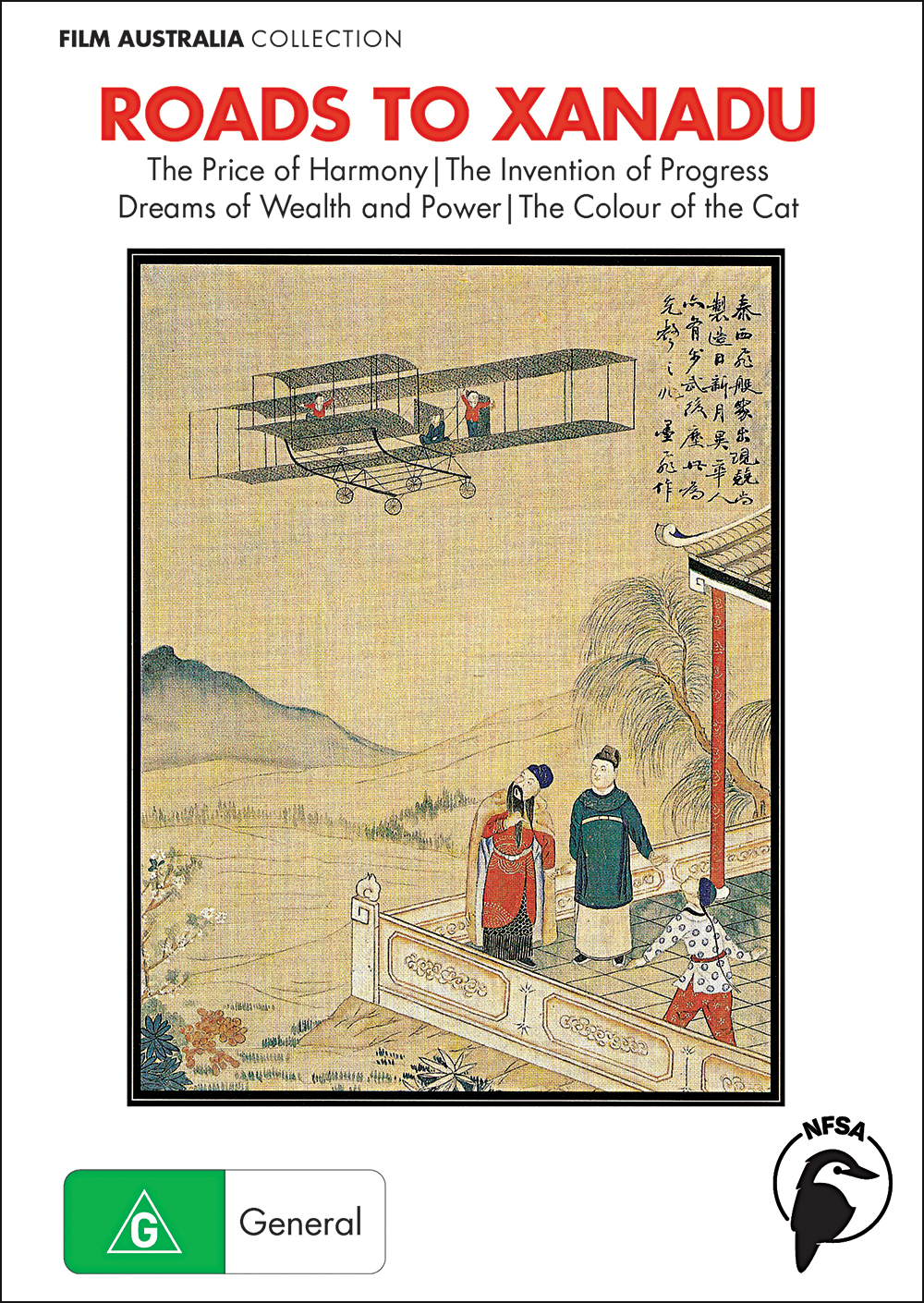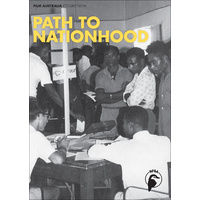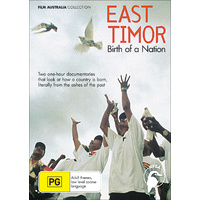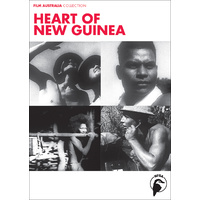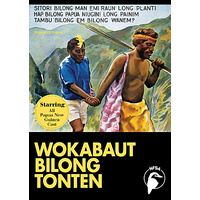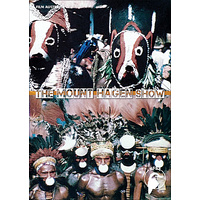1990, Total Running Time 224 Minutes (4 x 56 Minutes)
Roads to Xanadu is an intriguing investigation of the dynamic interchange between east and west in the making of the modern world.
Historically this interdependence has often been overlooked. Xanadu was an ideal - a state of perfect beauty, abundant wealth and harmony; a mythic China dreamed of by the 19th century poet Coleridge, conjured in an opium trance. Ironically the seeds of the industrial might of Coleridge’s England had come from the traditional technologies of the real China.
This series takes us on a journey down the many roads to Xanadu, giving us a refreshing new look at how these technologies came to the west, how they played a major part in the birth of Europe’s scientific and industrial revolution, how they destroyed the Chinese Empire which had survived for 2000 years, and how they in turn came to transform Japan from an isolated island to an industrial giant, to cause the current shift in power from the west back to the east.
Now updated to include footage of the Tienanmen Square massacre, this program is as relevant to our understanding of China now as it was at the time of its initial release in 1989.
EPISODES
Price of Harmony, The dramatically re-creates the atmosphere of 13th century China, the richest and most powerful empire of those times. The feast of technologies developed in ancient China shows they were not only producing the world’s finest silk and most delicate porcelain, but had invented the world’s first mechanical clock, the compass, paper and printing, gunpowder and mechanical spinning, all centuries before Europe came to know them. This sets the stage for the film’s central question: Why was it in Europe, and not in China, that the specific and industrial revolution took place, especially when the Chinese had the economic power and technical knowledge to follow such a path centuries before Europeans?
Invention of Progress, The examines the interplay and conflict between Europe and the east, which began with the arrival of the Jesuit missionaries in Asia in the sixteenth century. At this time, the Chinese ceramics and textile industries led the world in quality and refinement. Yet, by the eighteenth century, craftsmen in Europe, using the tools of the new sciences, had not only matched these products, but surpassed them. Europe had achieved such breakthroughs not only by developing new techniques and technologies, but also by creating a whole new world in which to prosper. Europe was in a state of extraordinary change - new scientific, industrial, social and economic ideas and institutions flourished, giving it a dynamism that conservative China lacked. The Chinese Empire’s inflexibility and insularity ultimately led to its downfall, in the face of the mercantile greed and military might of 19th century European Imperialism.
Dreams of Wealth and Power investigates the different responses of China and Japan to the threat posed by Europe. Both countries recognised the need to modernise in some form, but it was the Japanese who forged ahead at such a speed that within 40 years of opening their doors to the west, they were able to challenge the might of Imperial China, and even that of the European colonial powers within Asia. While this episode is specifically about China and Japan, Merson’s investigation deals with problems faced by all developing countries - how to come to terms with the impact of foreign technology and cultural values, while, at the same time, preserving the essential elements of their traditional cultures.
Colour of the Cat, The The tide has turned. China and Japan, over the past four decades, have had to find their own unique paths of development - their roads to Xanadu. In this episode, China’s recent history is examined and its future considered against the context of Asia’s rapid economic and industrial development and the challenge this presents to the west.
Produced by Film Australia in conjunction with ABC Television, BBC Television and WGBH (Nova) Boston. Made with the financial assistance of Mr Lee Ming Tee and his group of companies. © 2011 National Film and Sound Archive of Australia.
(198690500)
Director: David Roberts
Narrator: John Merson
Featured People: Professor Wang Gungwu, Father Manuel Teixeira, Professor Ian Inkster, Dr Jim Bennett, Dr Anton D'Albis, Marquis of Tavistock, Dr EP Thompson, Dr Kiyooka, Professor Gene Gregory, Dr Ryoshini Minami, Professor Yoshio Sugimoto, Professor Ezra Vogel, Professor Cao Zongxun, Professor Roderick MacFarquar, Dr Stephen Fitzgerald, Edwin Reischauer, Professor Seymour Melman, Wang Longji, Professor Zhu Rongji, Professor Fang Lizhi, Professor Ho Peng Yoke, Professor Fu Wei-Kang, Dr Joseph Needham.
Year: 1990
Total Running Time: 224 Minutes
Classification: G
Curriculum Links: Asian History, Asian Studies, Chinese Studies, SOSE/HSIE, English.
SEE ALSO
| SKU | 198690500 |
| Brand | Film Australia |

